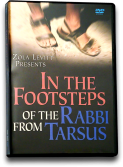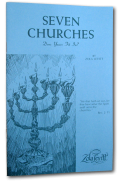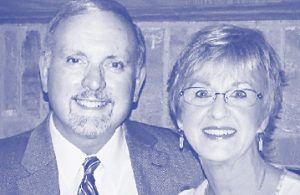
Dear Friend,
This spring, Jane and I were privileged to travel, once again, to Israel — the land of Abraham, Isaac, and Jacob. On our first trip to Israel, in November 1999, I found myself overwhelmed with the landscape, the people, and the encyclopedic knowledge of our Israeli guide, Zvi Rivai (who went to be with his Messiah/Lord a few years ago). No particular facet inspired me, but collectively everything about Israel mesmerized me.
A lot has changed in Israel since 1999 and in my own life personally. I’ve grown in my faith and in my respect and love for a land and its people that I had known only cursorily. It was a strange relationship, at first. But then I began to experience the “depth of the riches of both the wisdom and knowledge of God” (Romans 11:33).
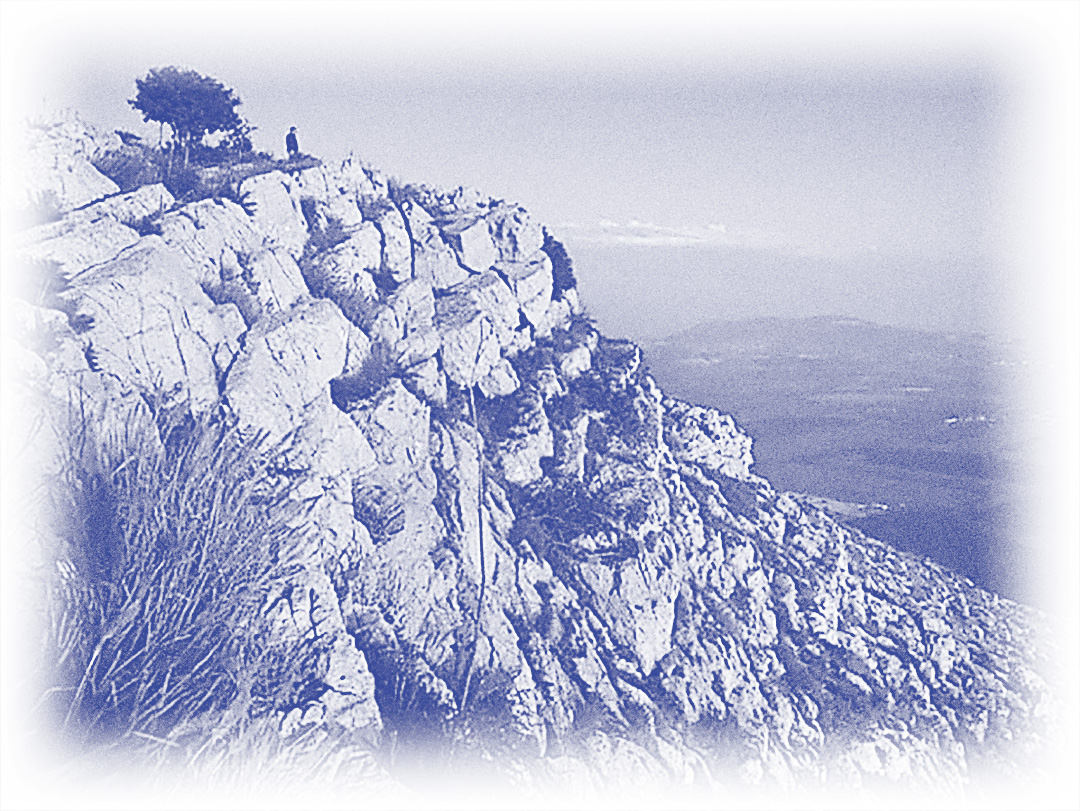
By God’s design, I am an organizer and a perfectionist in many ways. While on tour over the years, I have kept a watchful eye while imagining whatever itinerary adjustments might offer Zola Tours pilgrims better ways to experience the most Biblical sites. That ongoing effort ensures successful Zola Tours Holy Land experiences.
Pilgrims often ask two questions: How many times have you been to Israel, and What is your favorite site? Let me address the second question.
Numerous memories surface when I re-visit certain sites, and those memories relate to where life has taken me. Each time you visit Israel, you end up with a new favorite site. We don’t stand still in life — we are ever-changing individuals.
During our most recent group tour in March, my thoughts focused on the “high places” that we visited and on Israel’s mountain ranges. You may think that perspective seems insignificant at first, but let’s consider the Biblical significance of each.
The Carmel Range
First, the Carmel Range — a line of mountains that extends along the coast in northern Israel. A Carmelite monastery sits atop that range, marking the place where Elijah, or rather God, made a mockery of the prophets of Baal. You know the story, found in 1 Kings chapter 18. Elijah prepared an altar with a sacrificial bull on it, and challenged the prophets to call on their god to consume it. It didn’t happen. Then, Elijah soaked the altar, the sacrificial bull, and the surrounding ground with water, and asked Yahweh to consume the altar. Yahweh torched it down to the soil! In that moment, the people of God proclaimed, “The Lord, He is God! The Lord, He is God!” (1 Kings 18:39).
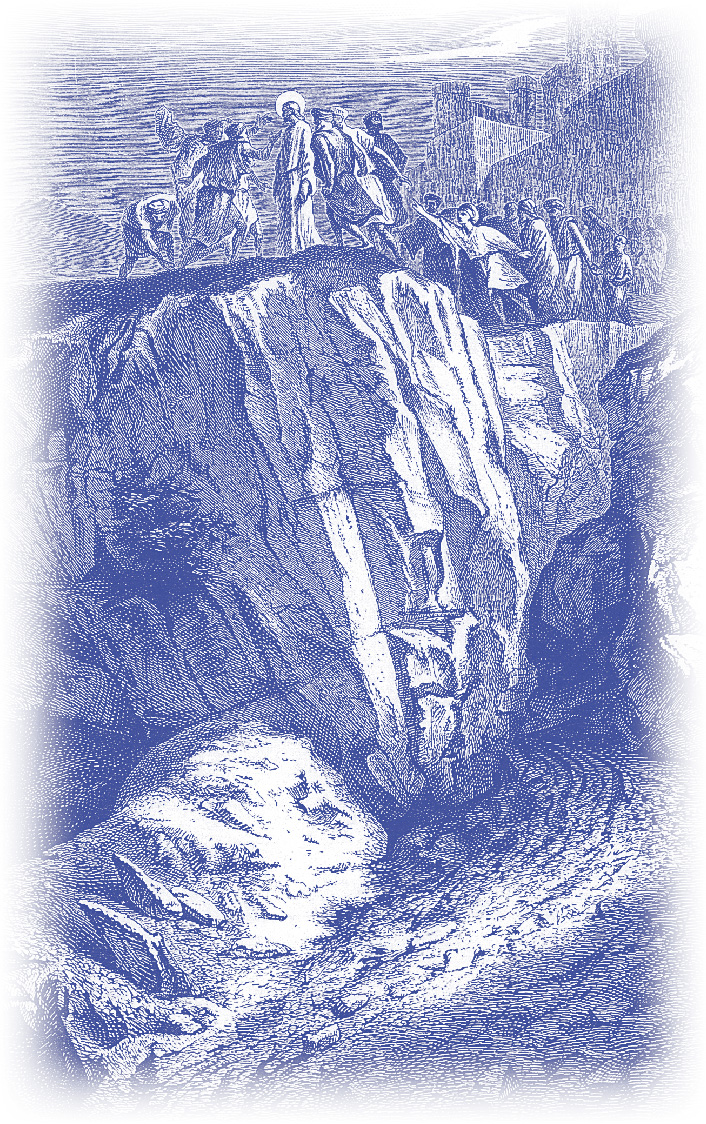
Mount Precipice
Another high place that intrigued me was Mount Precipice, just south of Nazareth. Many believe this is where an angry mob tried to push Jesus off the cliff. Jesus had been preaching in the synagogue, and His message disturbed the Nazarenes.
So all those in the synagogue, when they heard these things, were filled with wrath, and rose up and thrust Him out of the city; and they led Him to the brow of the hill on which their city was built, that they might throw Him down over the cliff. Then passing through the midst of them, He went His way. — Luke 4:28–30
How did He escape? Why wasn’t He seen? The God who can consume a drenched altar for Elijah can also make His Son pass unnoticed through a crowd. I smiled when I was standing where the crowd stood and thought about how foolish the people must have felt when Jesus disappeared from their sight.
The City of Dan
Traveling to the northernmost city of Dan offers several archaeological discoveries, one of which is the high place where Jeroboam built an altar and podium to house two golden calves. He did this in order to keep the people from traveling to Jerusalem, reminding the people that these calves were the gods that had brought them out of Egypt.
Therefore the king asked advice, made two calves of gold, and said to the people, “It is too much for you to go up to Jerusalem. Here are your gods, O Israel, which brought you up from the land of Egypt!” … Now this thing became a sin for the people who went to worship before the one as far as Dan. — 1 Kings 12:28, 30
You probably would agree that it doesn’t matter if a pilgrim, pastor, or politician stands in the highest of places with the greatest view and enlightenment; good and bad decisions still happen with humans.
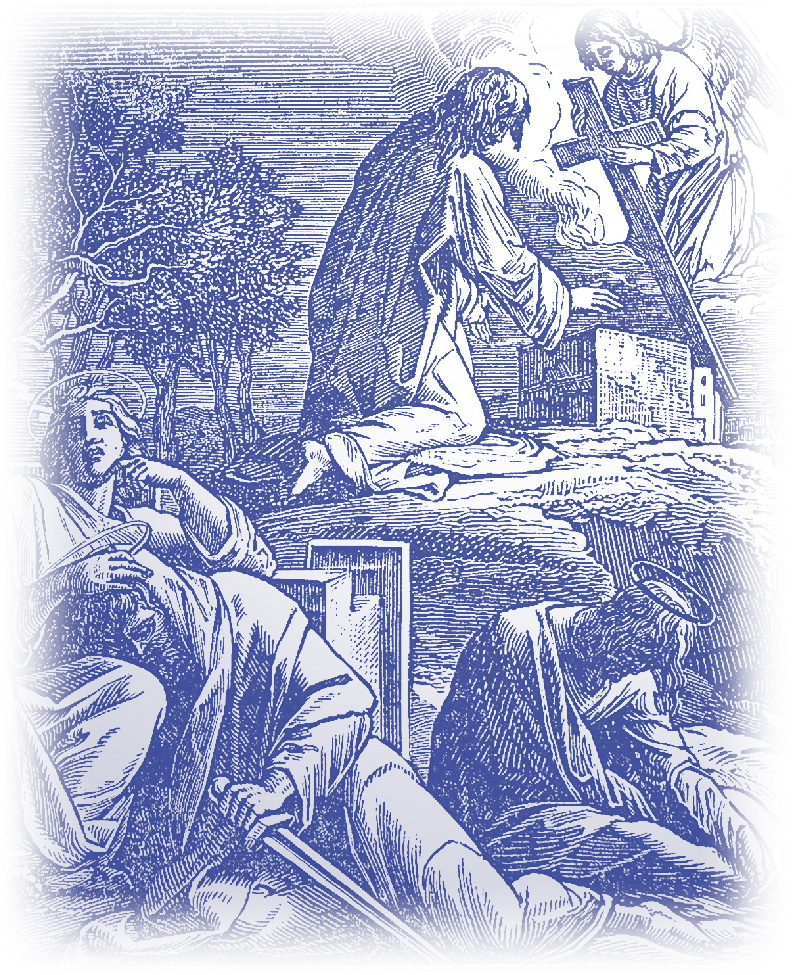
I call your attention to two more high places: the Mount of Olives and Mount Moriah. There are many others, but my descriptions cannot compare to a personal visit, where you would have your own “aha” moments! Let’s look first at the Mount of Olives.
The Mount of Olives
The Mount of Olives ascends almost 3,000 feet at its location east of the Old City and just across the Kidron Valley. Numerous Biblical events happened on this mount; but two always stand out to me. One occurred when our Lord crossed the Kidron Valley into the Garden of Gethsemane to pray with His disciples. While He was in this garden, He was sought and arrested before the brutal punishment that led to His crucifixion. Walk with me through Luke’s account of those emotionally draining moments that most of us reviewed during the recent Holy Week:
Coming out, He went to the Mount of Olives, as He was accustomed, and His disciples also followed Him. When He came to the place, He said to them, “Pray that you may not enter into temptation.” And He was withdrawn away from them about a stone’s throw, and He knelt down and prayed, saying, “Father, if it is Your will, take this cup from Me, nevertheless, not My will, but Yours be done.” Then an angel appeared to Him from heaven, strengthening Him. And being in agony, He prayed more earnestly. Then His sweat became great drops of blood falling down to the ground. When He rose up from prayer and had come to His disciples, He found them sleeping from sorrow. Then He said to them, “Why do you sleep? Rise and pray, lest you enter into temptation.” — Luke 22:39–46
It is to this very place of drained emotions, physical exhaustion, and feelings of abandonment that Jesus will return for His greatest triumph!
And in that day His feet shall stand on the Mount of Olives, which faces Jerusalem on the east. And the Mount of Olives shall be split in two, from east to west. — Zechariah 14:4 (gives me chills)
Mount Moriah
The other high place that captured my thoughts was Mount Moriah. This is where it all began. Abraham left Ur, his homeland, with his wife Sarah and his brother’s son Lot, with only a command from God to “go.” They traveled to Be’er Sheva, where Isaac was born. It is here that God tested Abraham by charging him to take his only son Isaac to Mount Moriah and offer him as a sacrifice.
Then He said, “Take now your son, your only son Isaac, whom you love, and go to the land of Moriah and offer him there as a burnt offering on one of the mountains of which I shall tell you.” — Genesis 22:2
As you know, God provided a ram for the sacrifice, even while Abraham was raising his knife to offer his own son in accordance with God’s command. And because Abraham was obedient on the high place in the land of Moriah, God made a promise (relayed to Abraham by an angel):
“By Myself I have sworn, says the Lord, because you have done this thing, and have not withheld your son, your only son — blessing I will bless you, and multiplying I will multiply your descendants as the stars of the heaven and as the sand which is on the seashore; and your descendants shall possess the gate of their enemies. In your seed all nations of the earth shall be blessed, because you have obeyed My voice.” — Genesis 22:16–18
High places offer vantage points from which to view and contemplate our surroundings, both friendly and hostile. They also offer perspective from which it can be tempting to become arrogant and self-serving, resulting in a loss of vision and calling from God, as happened to Jeroboam. Our use of where we happen to be in conjunction with our heavenly gifts is our daily choice. Much is expected of those who’ve received much, and we Believers are inheriting the Kingdom of God!
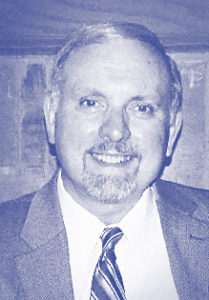
Standing firm with Israel and ZLM,

P.S. Words cannot do justice to the impact of our tours’ Messianic Bible teaching at the high and low elevations that our tours visit. Fortunately, Zola Levitt Presents enables “armchair tourists” to use their televisions and computer screens to vicariously travel and learn with us weekly. Please uphold this ministry’s ongoing struggle to deliver top-quality, on-location, scenic Bible teaching by Jewish scholars to anyone and everyone who wants to tune in and learn for free. ![]()
A Note from David and Kirsten
We always thought that the Bible verse, “I lift up my eyes to the hills. From where does my help come?” (Psalm 121) meant that the writer was looking to “God on the mountain.” But that verse refers to looking up at the mountains where the pagan temples were built. Those high places in Jerusalem were covered with pagan idols, especially in Solomon’s time. Where does MY help come from? It doesn’t come from the pagan temples; it comes from the Lord, the Maker of Heaven and Earth.
We are grateful to Tony’s lesson that relates Holy Land high places to our personal high places. You won’t believe the insight and knowledge you will acquire when you hop on a Zola Tours bus in the Promised Land. Please pray about coming with us this fall!
Zola Tours to the Holy Land
We are often asked, “How much does a Zola Tour cost?” Let me assure you that you get the best value when you join our group. Because of this ministry’s longevity and high standards, we get super rates at wonderful hotels. The daily (huge!) buffets provide quality and exquisite variety. Please contact Zola Tours manager, Sandra, at 214-696-9760, email her at travel@levitt.com, or visit levitt.com/tours.
Fall Tour
| Deluxe (Israel only) | Oct 14–23 | $4,488 |
| Grand Petra (Israel & Petra) | Oct 14–26 | $5,688 |
| Grand Athens (Greece & Israel) | Oct 8–23 | $7,388 |
| Ultra Grand (Greece & Israel & Petra) | Oct 8–26 | $8,588 |
Thank you for your ongoing support of this ministry. Now that we’re working “inside” the ministry, we’re able to see firsthand the consistent stewardship. Luxury offices? No. Fancy fundraising? No. Rather, our efforts pour into proclaiming the Gospel of Yeshua in Israel and acquainting Believers like you with your Jewish heritage!
And guess what? You “get it” (the Jewish roots of Christianity), while Jewish people are finding their Messiah Yeshua. Decades ago, the desire of Zola’s heart was Jewish people receiving Yeshua as Lord. Your financial giving continues that vision today. Your gifts help to fulfill Scripture and build God’s Kingdom.
 Todah (Thanks) and Sha’alu shalom Yerushalayim — Pray for the peace of Jerusalem (Psalm 122:6),
Todah (Thanks) and Sha’alu shalom Yerushalayim — Pray for the peace of Jerusalem (Psalm 122:6),
David & Kirsten
Zola Levitt Presents in May
This month on Zola Levitt Presents, we conclude the series Called Together that focuses on how gentile Christians are recognizing their Messianic brothers and sisters (Jewish believers in Jesus/Yeshua) as the natural olive branch Paul referred to in Romans 11. The Lord calls us to work together to bring the Messiah to the lost and especially to the lost sheep of the House of Israel. From the studio, David and Kirsten present these eight programs of Bible teaching that feature teaching by Eitan Shishkoff, location reports from Chaim Malespin, brief Hebrew lessons, and interviews with Christian lovers of Israel. Guest analyst Dr. Jeffrey Seif helps us apply these teachings to our lives.
- Blood Atonement
- The Torah proclaimed that life is in the blood, and salvation is available only through blood sacrifice. Both foreshadowed Yeshua’s sacrifice, which made Jew and gentile spiritually equal yet distinct. Together, we can celebrate the Biblical feasts in their Messianic fulfillment. David and Kirsten sing “Yeshua,” a song by Zola.
- Intersection of Covenants
- The intersection of God’s covenants formed by Passover and Communion breaks down the wall between Jewish and gentile Believers, and we work as one family toward the final harvest. Messianic singer Carolyn Hyde shares “Vayahe Or” with us.

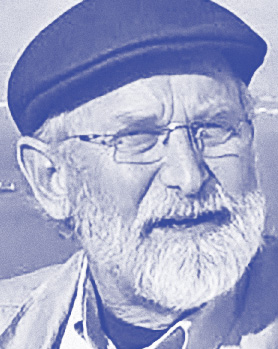
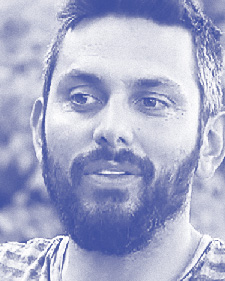
As we reprise the eight-part series Psalms of Ascent, Jeff Seif assumes center stage as ZLM’s senior theologian. We are thrilled to be working with him and hope that you’re sharing with your friends and family the good teaching that occurs on Zola Levitt Presents.
Psalms 120–134 are known as the Psalms of Ascent. Sung by ancient Jews going up to the Temple in Jerusalem, they are surprisingly timely for Believers today. With David and Kirsten in the studio we hear Jeff’s teaching from Israel, messages from Eitan Shishkoff and Chaim Malespin, Hebrew lessons, plus music by Marty Goetz.
- Psalms 120 & 121
- King David had to deal with deceitful enemies and times of distress but realized that his sure source of help was the Lord.
- Psalms 122 & 123
- “Pray for the Peace of Jerusalem” from Psalm 122 is this ministry’s signoff. Jerusalem remains central in the hearts of Jews and Christians looking to the Lord for mercy and ultimate deliverance.
- Psalms 124 & 125
- For centuries, the Lord has sustained Israel through myriad and fearsome opposition. King David saw divine protection and likened it to the mountains that surround Jerusalem.

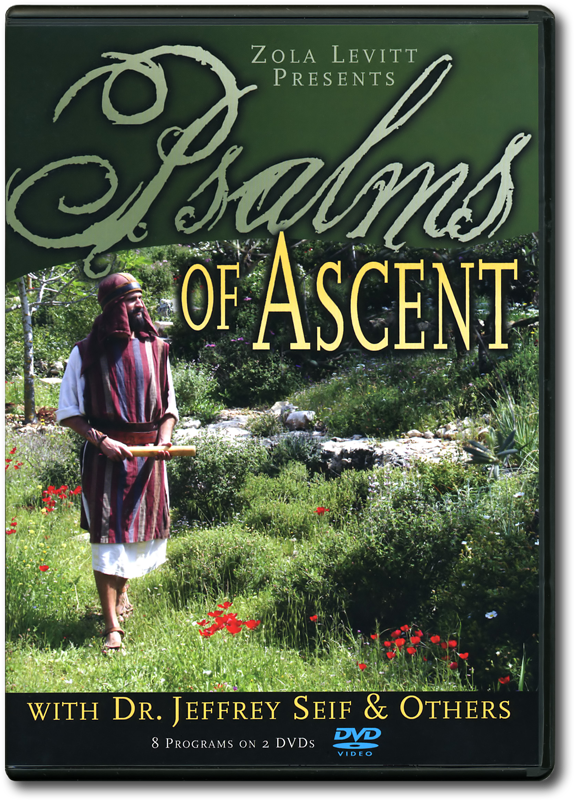
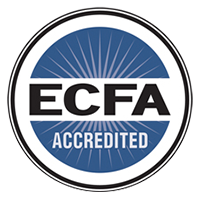 Zola Levitt Ministries is ECFA approved and has Charity Navigator’s top rating of 4 stars.
Zola Levitt Ministries is ECFA approved and has Charity Navigator’s top rating of 4 stars.
